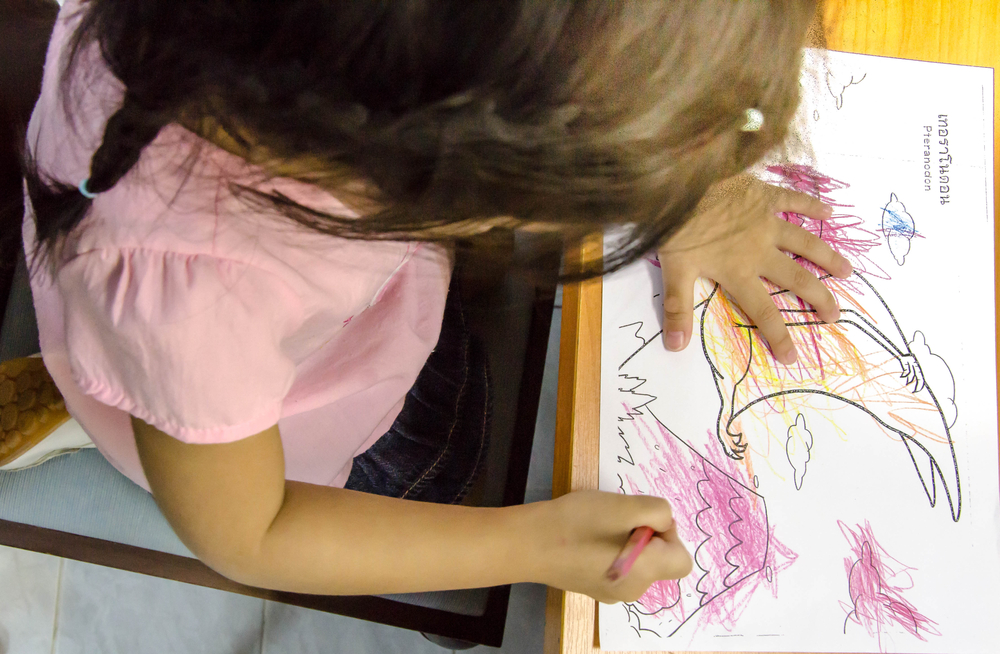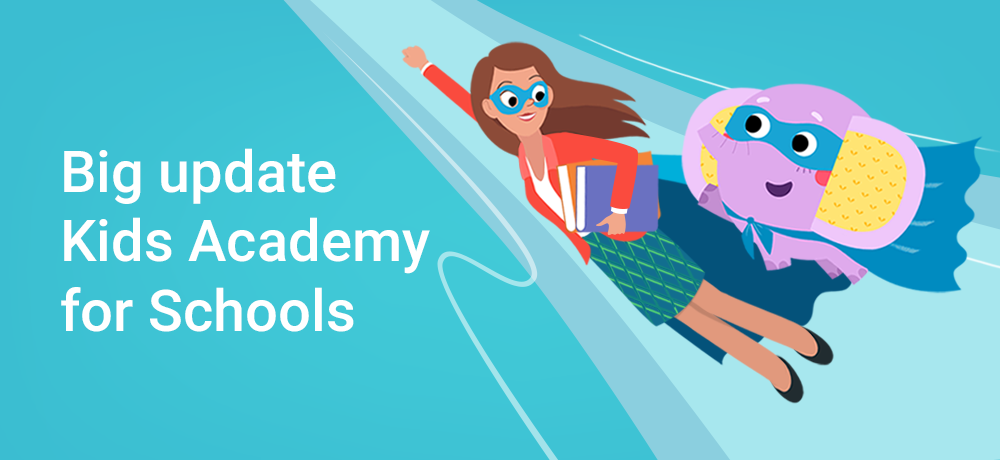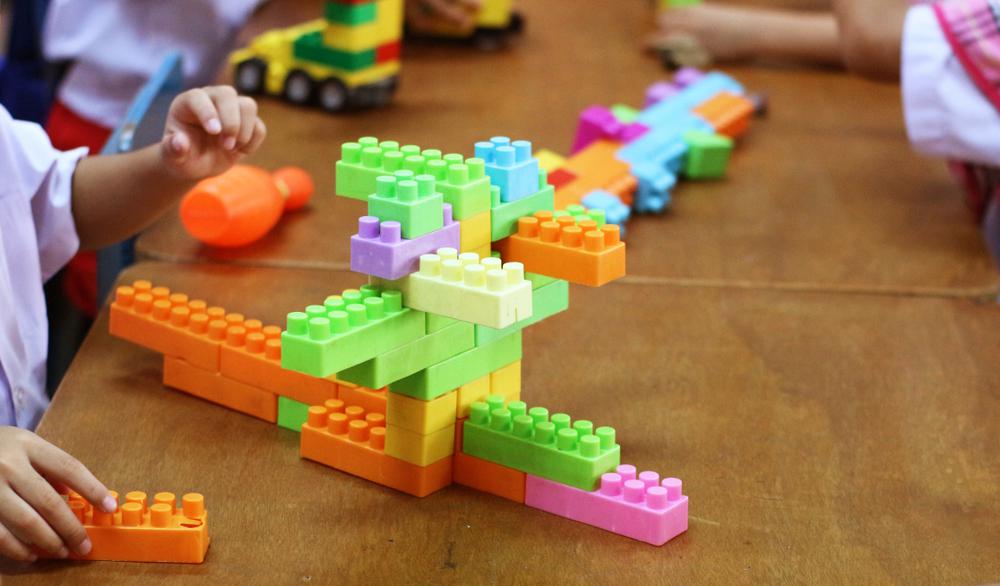Problem-Solving Skills Extra Challenge Worksheets for Ages 4-7 - Page 3
68 filtered results
-
From - To
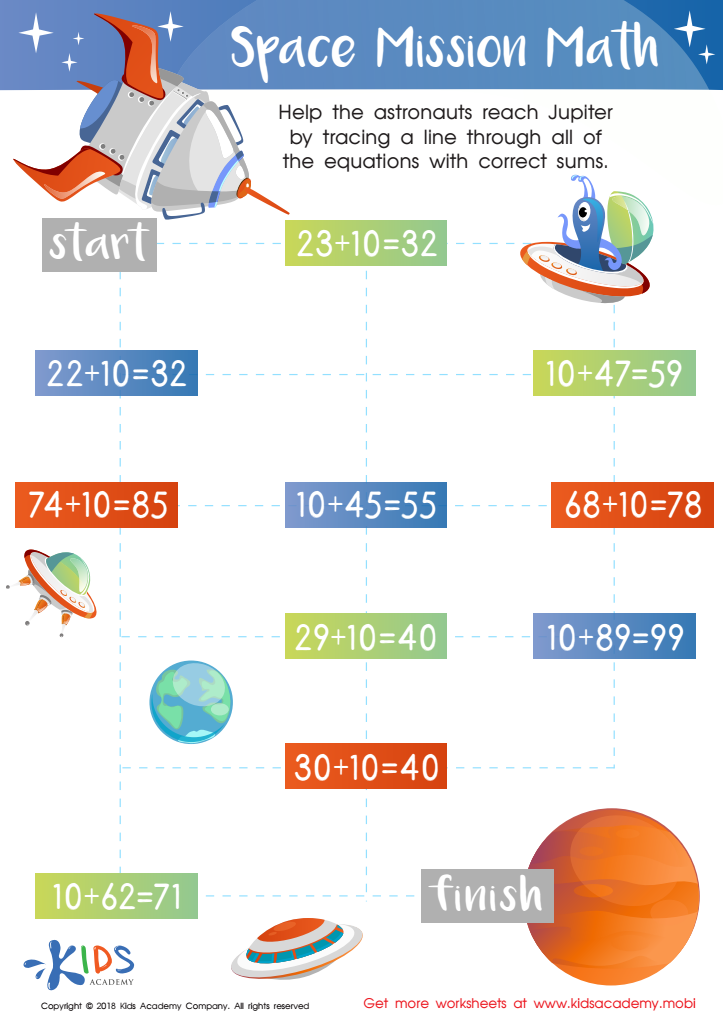

Space Mission Math Worksheet
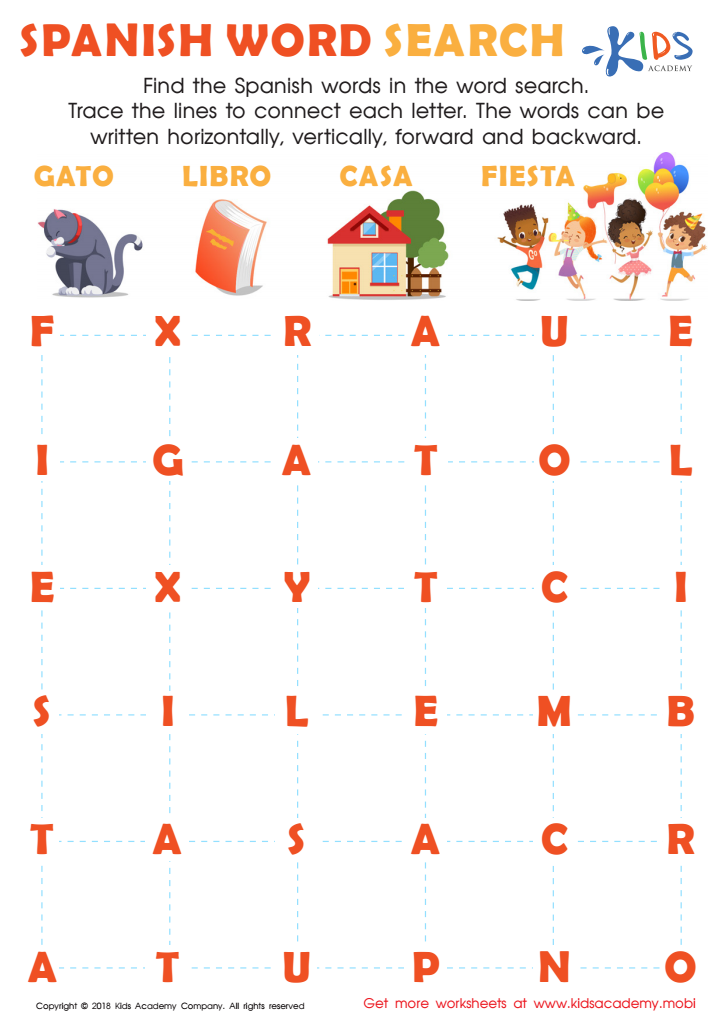

Spanish Word Search Worksheet
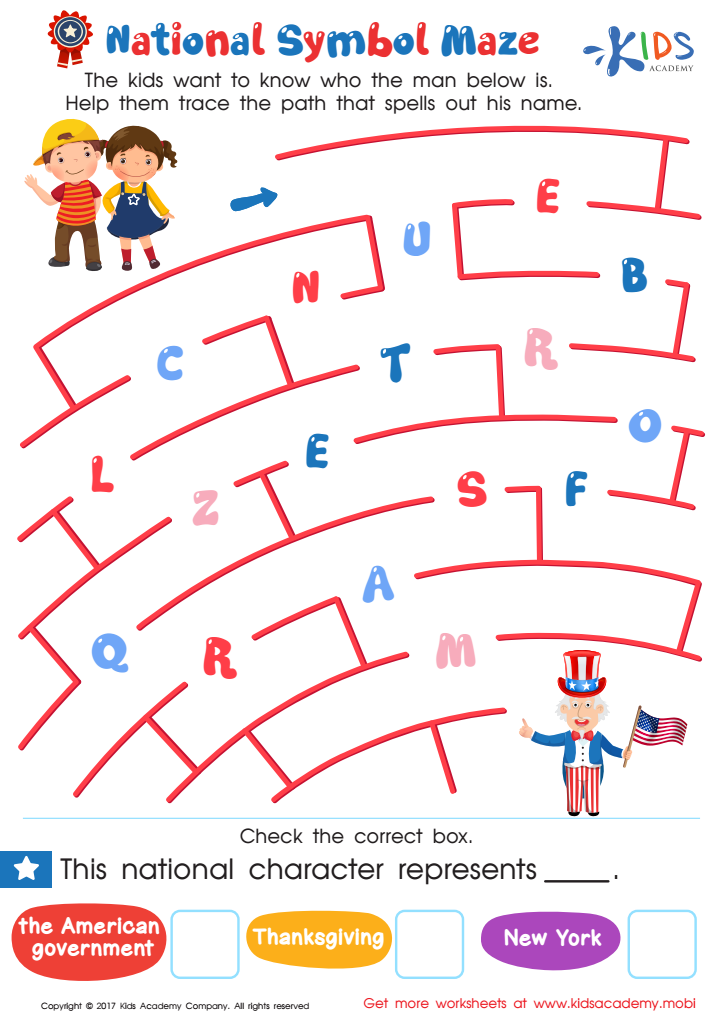

National Symbol Maze Worksheet
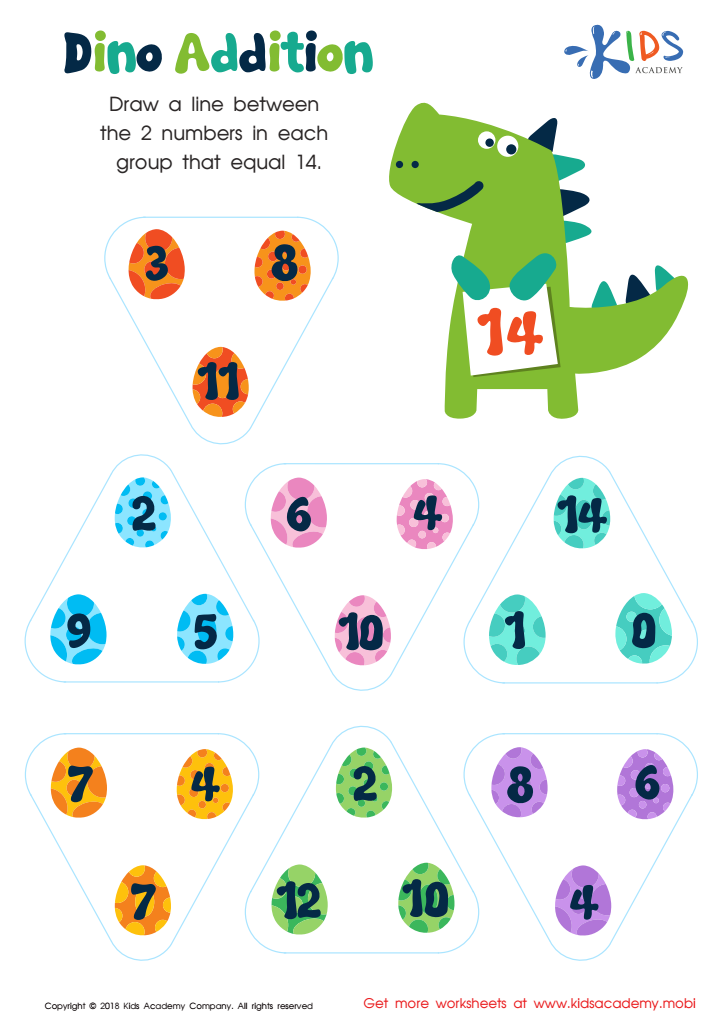

Dino Addition Worksheet
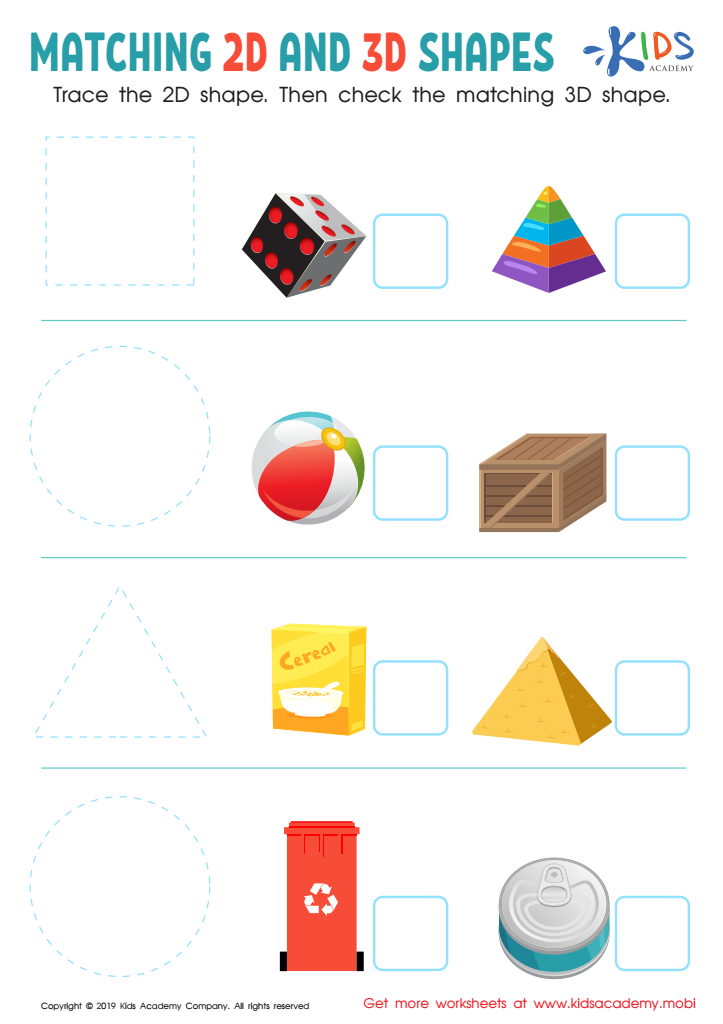

Matching 2D and 3D Shapes Worksheet
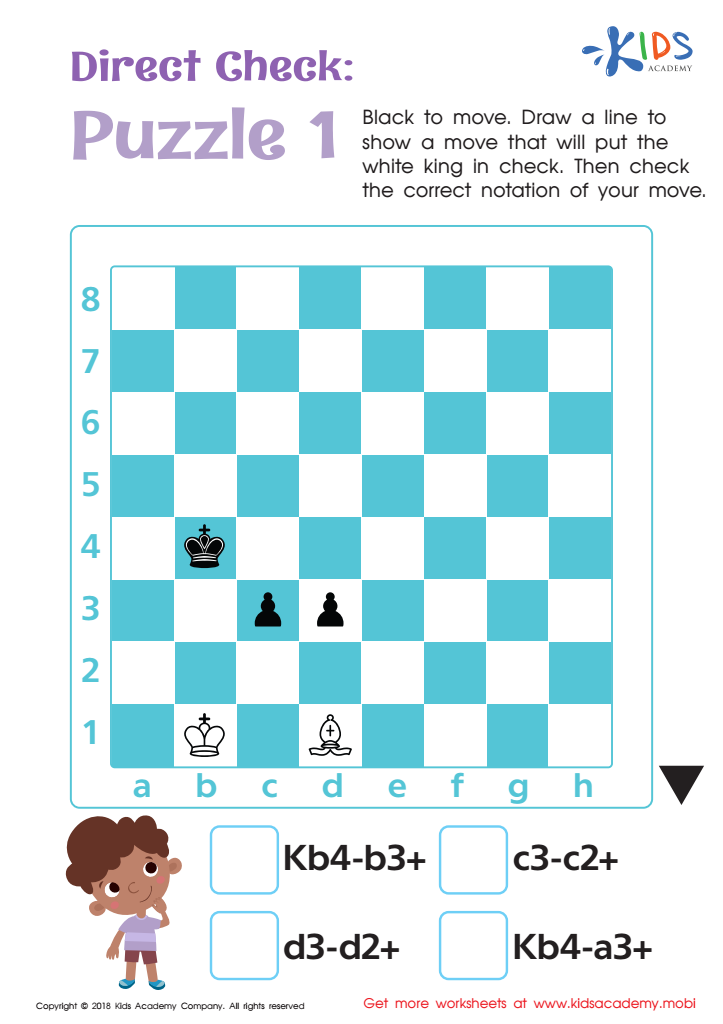

Direct Check: Puzzle 1 Worksheet
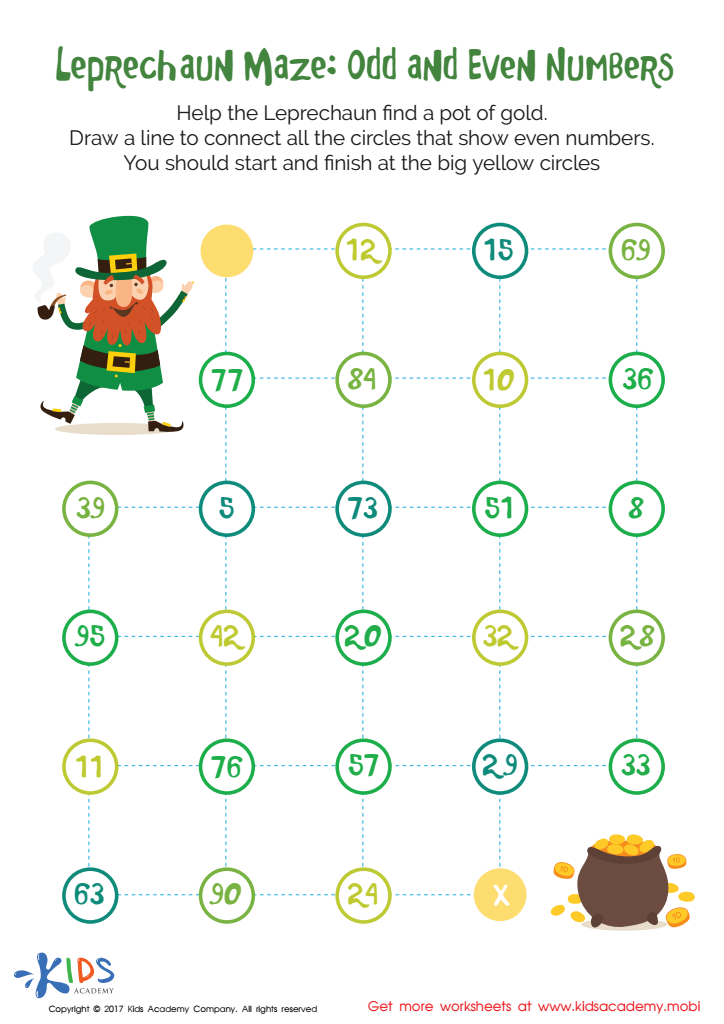

Leprechaun Maze Printable
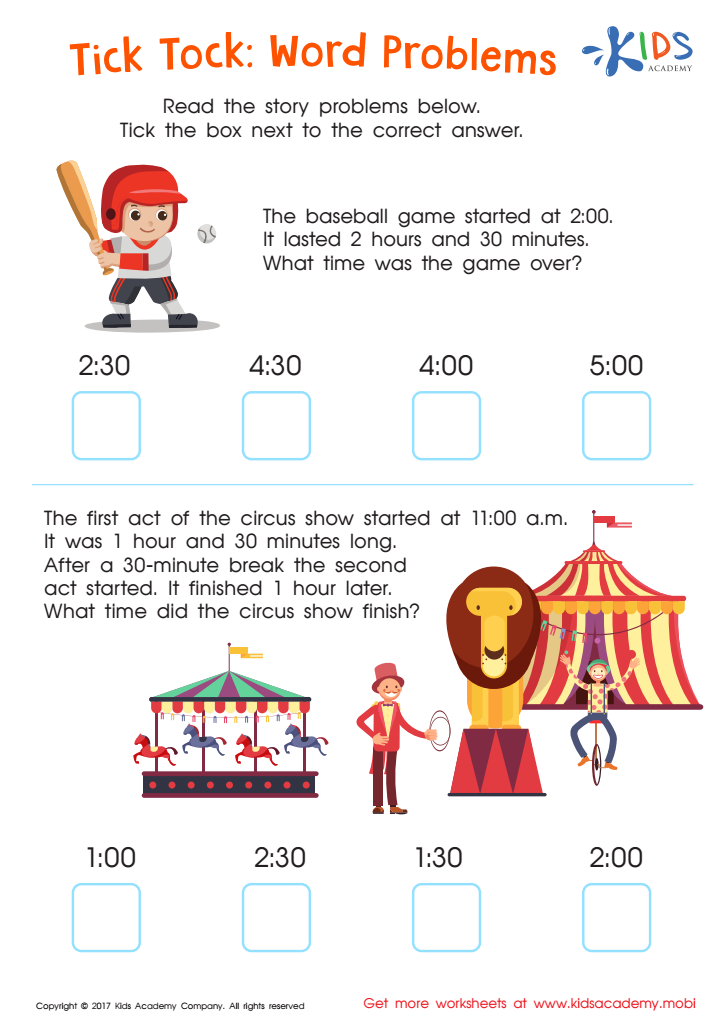

Tick Tock Word Problems Time Worksheet
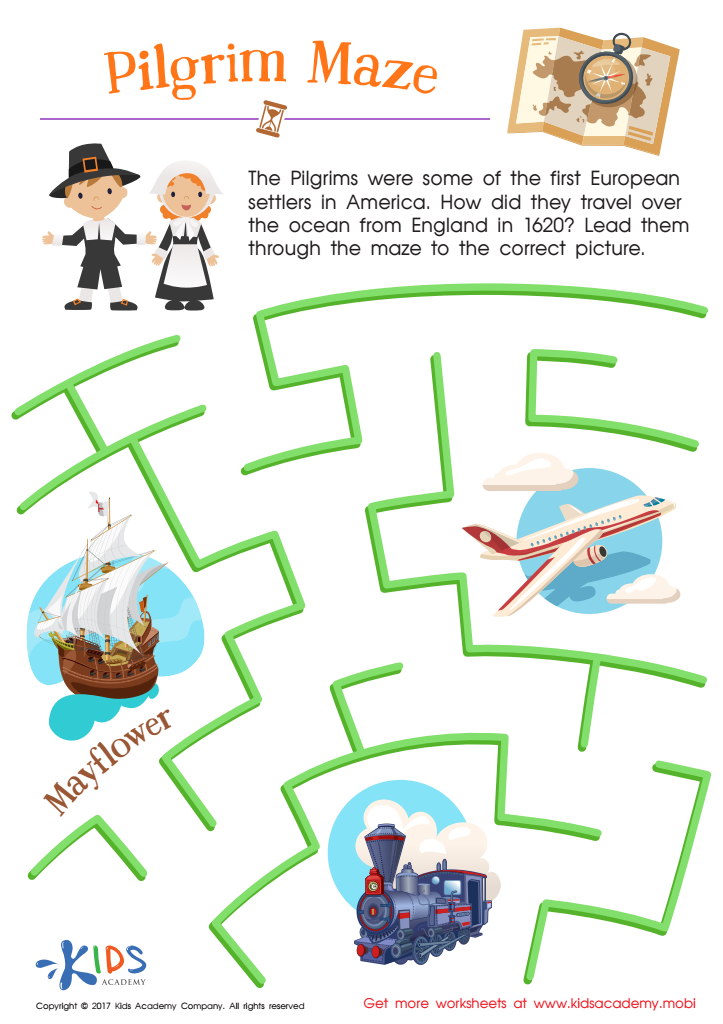

Pilgrim Maze Worksheet
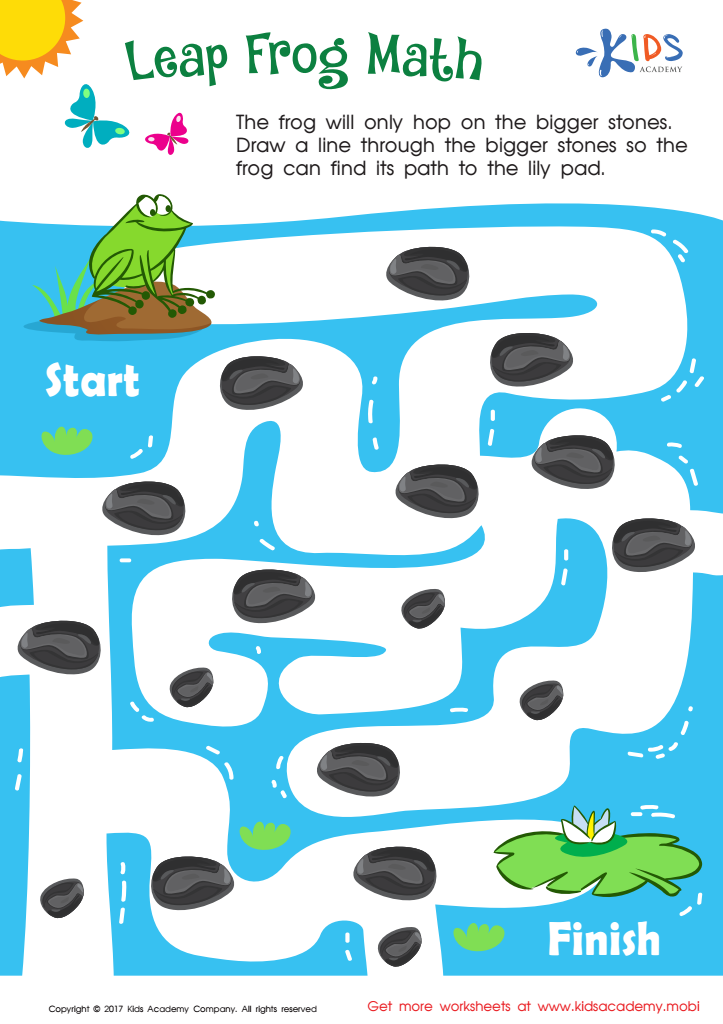

Math Puzzle Worksheet
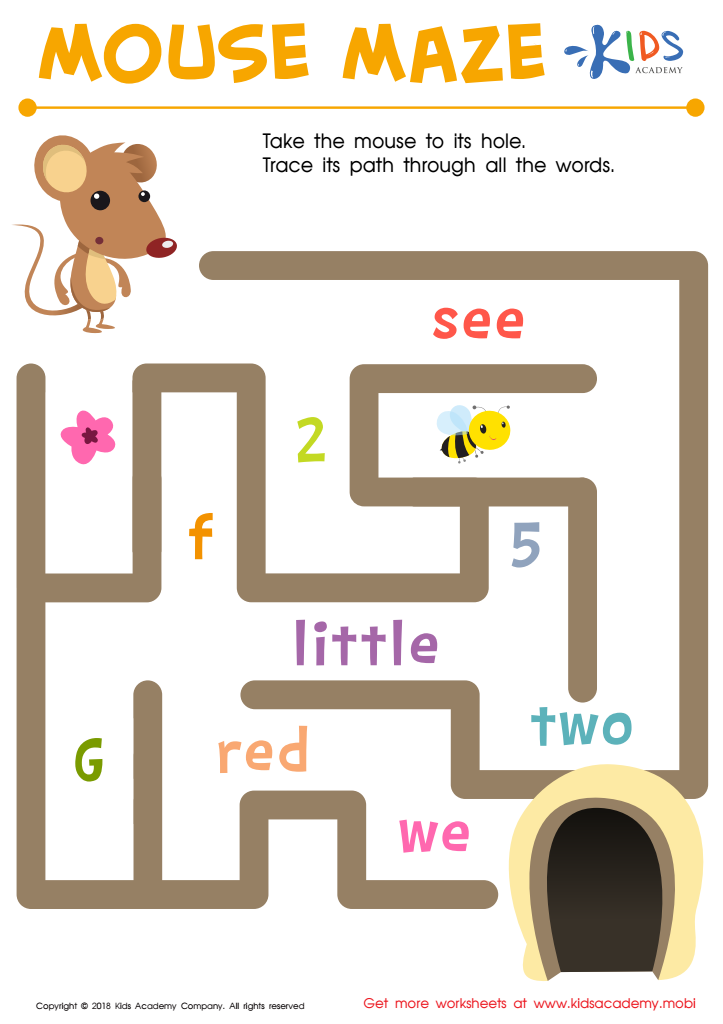

Find Words Mouse Maze Worksheet
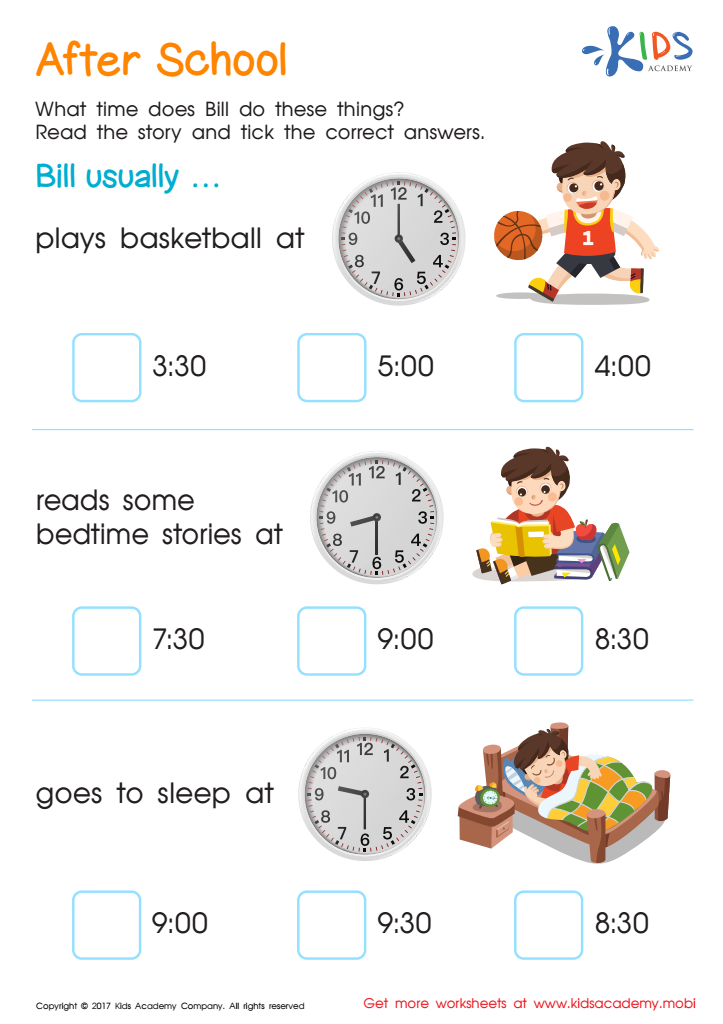

After School Time Printable
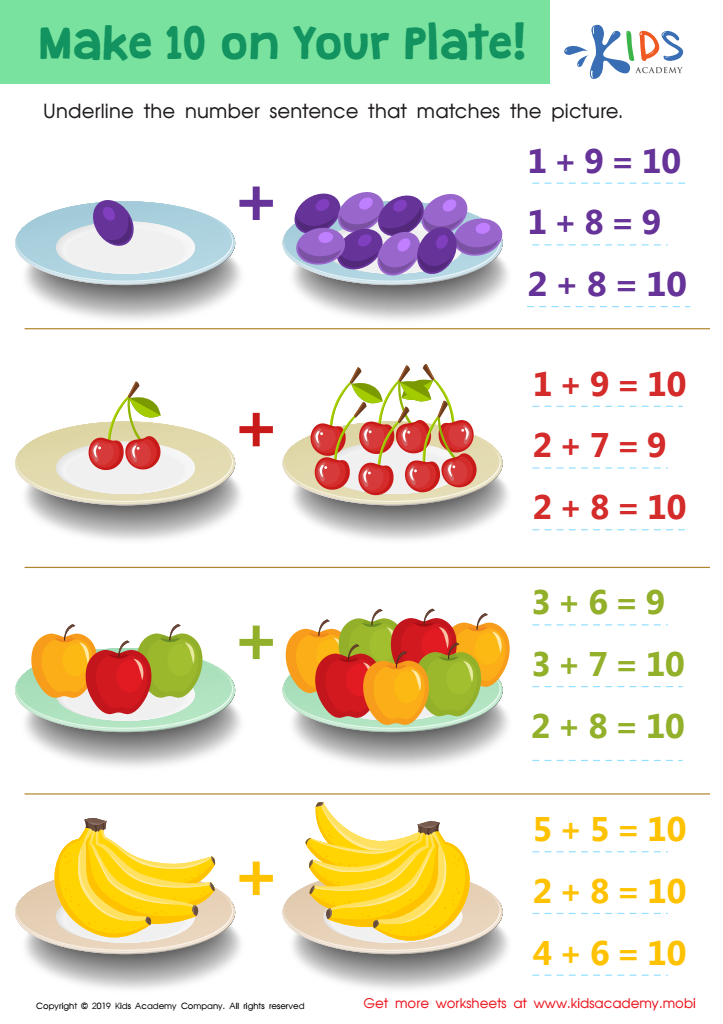

Make 10 on Your Plate! Worksheet
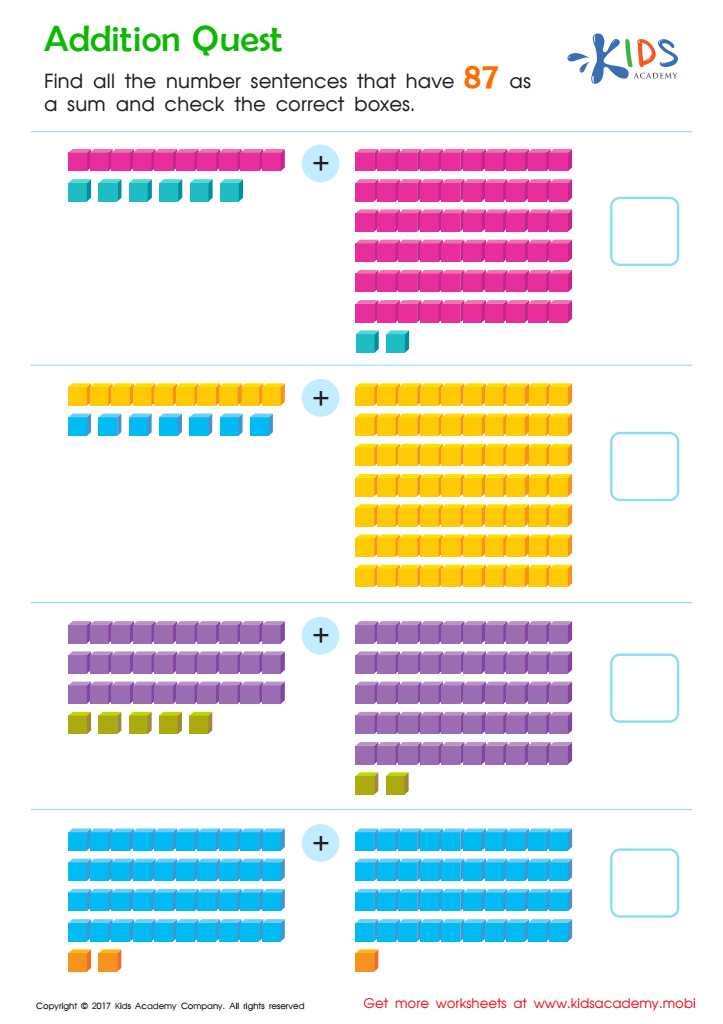

Addition Quest Worksheet: Part 1
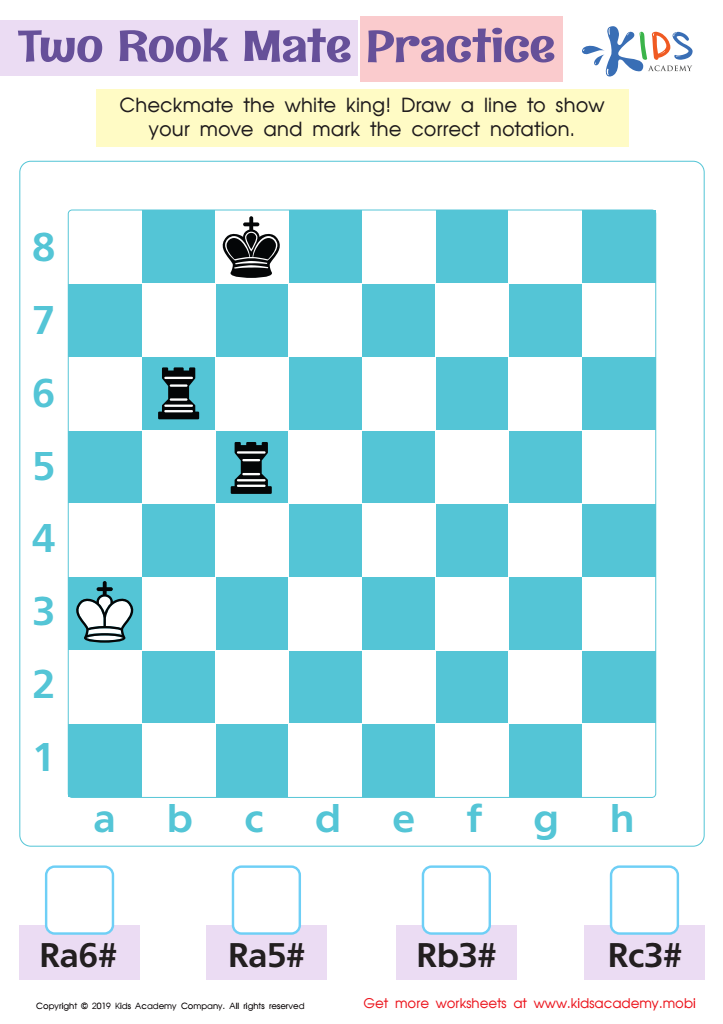

Two Rook Mate Practice Worksheet
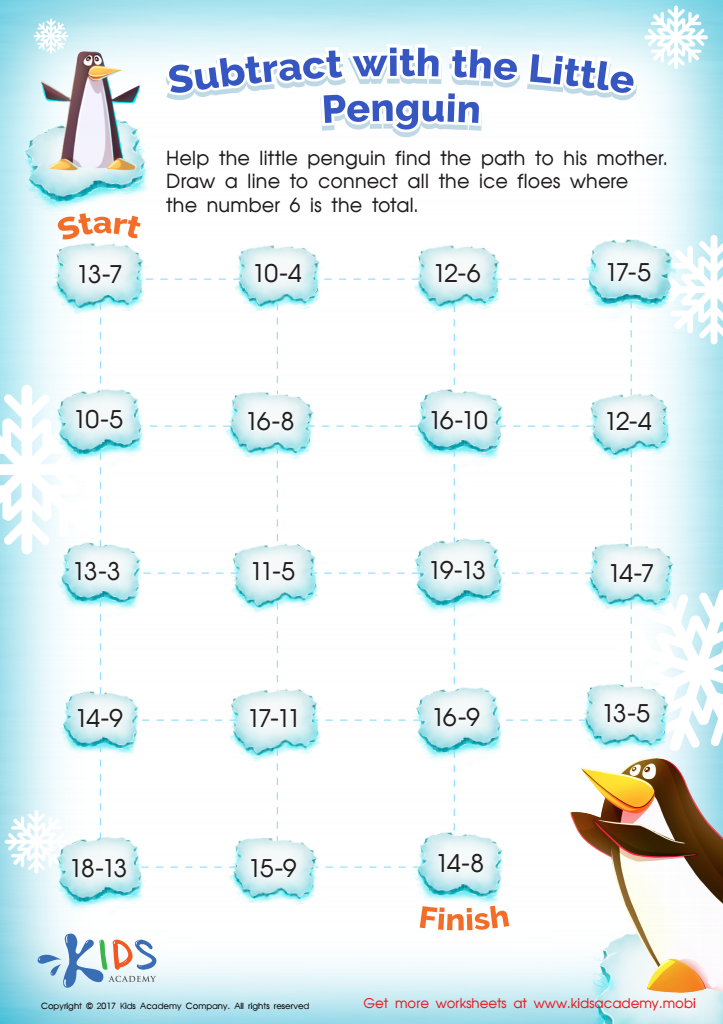

Subtract With The Little Penguin Substraction Worksheet
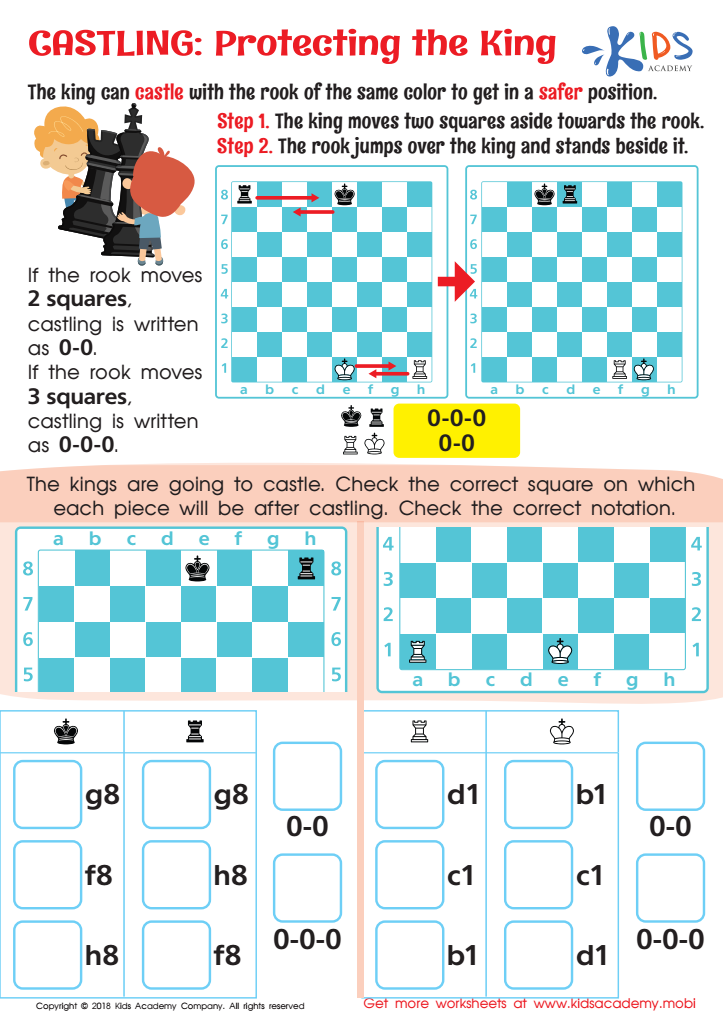

Castling: Protecting the King Worksheet
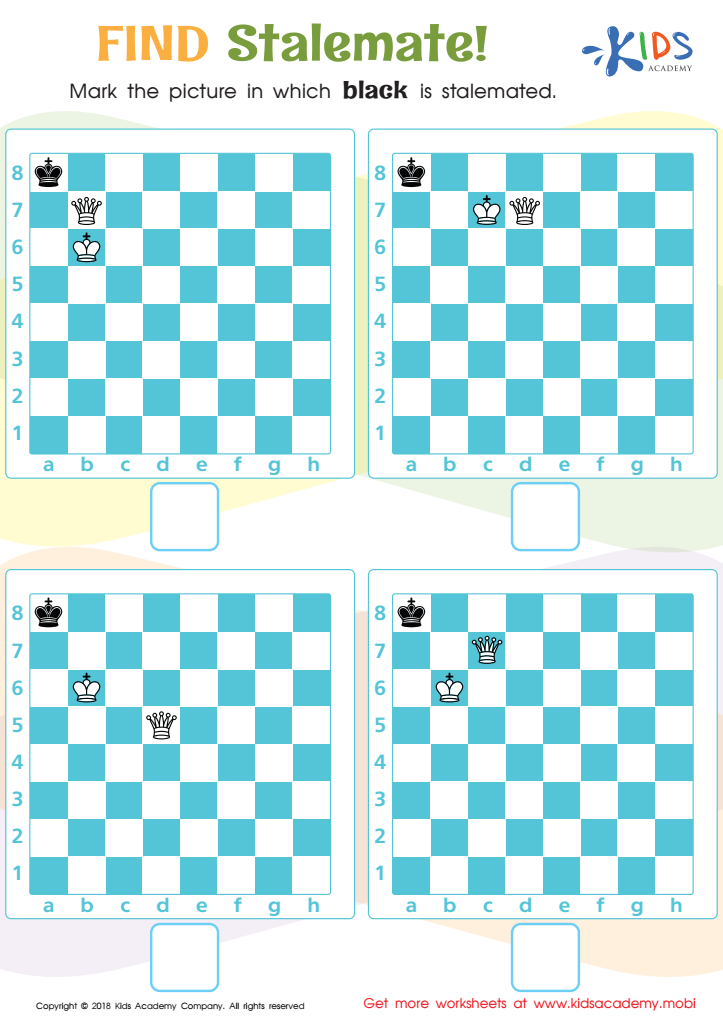

Find Stalemate! Worksheet
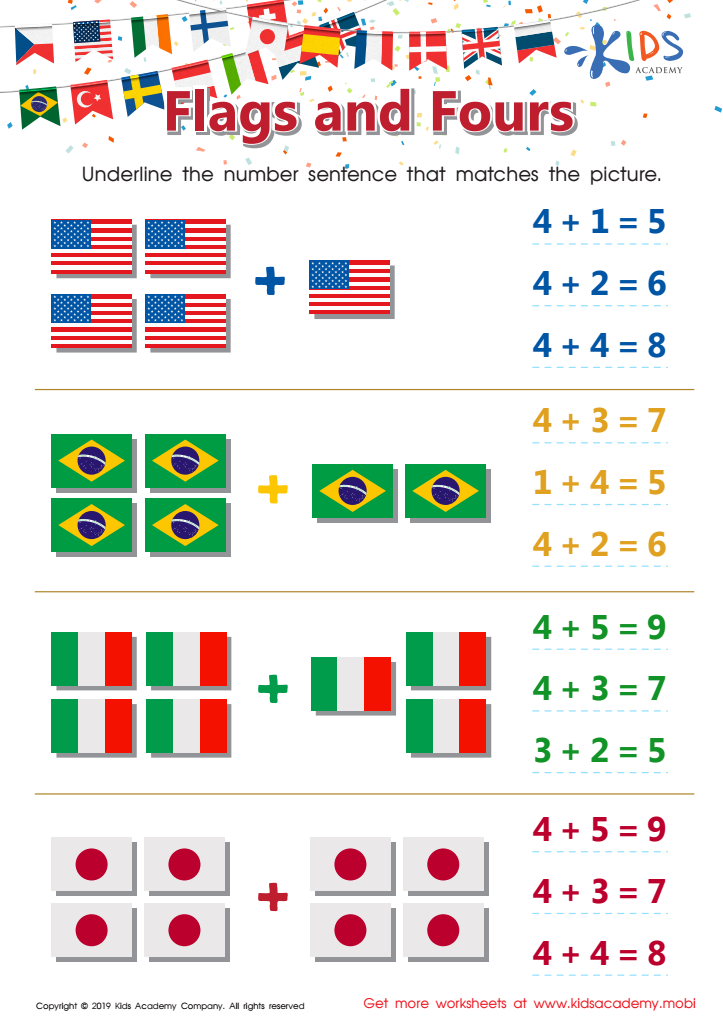

Flags and Fours Worksheet
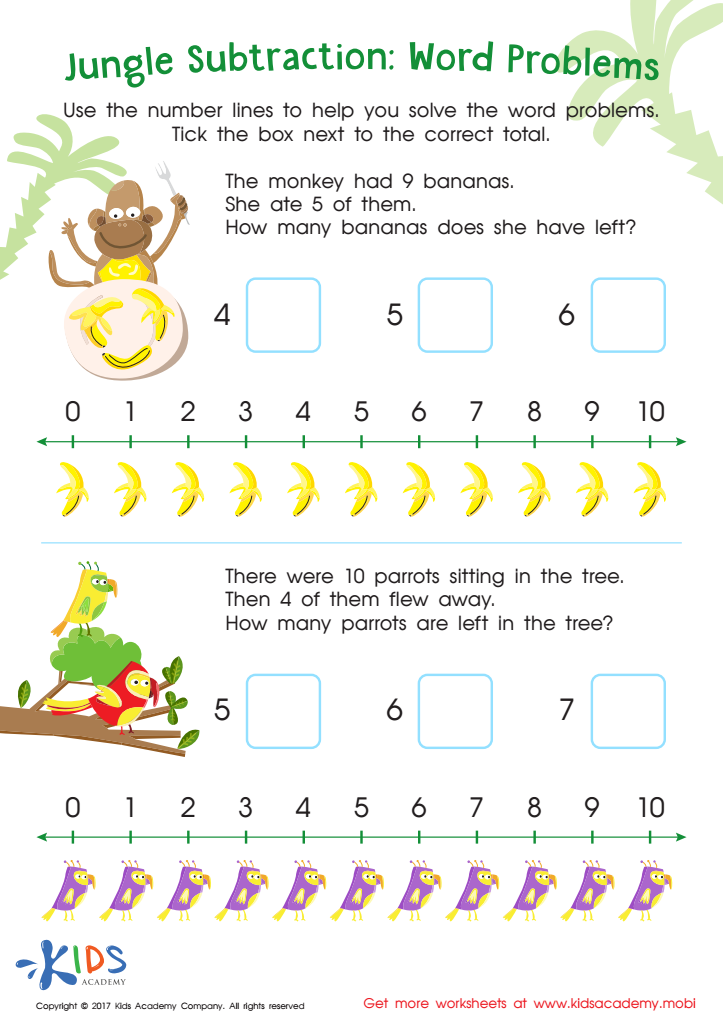

Jungle Subtraction Word Problems Substraction Worksheet
Parents and teachers should care about providing extra challenges in problem-solving skills for children aged 4-7 because these formative years are crucial for cognitive development. Engaging in problem-solving activities helps to deepen critical thinking, creativity, and adaptability—skills that are foundational for lifelong learning and success.
At this age, children's brains are highly plastic, meaning they can easily form new connections. Challenging problem-solving activities stimulate their curiosity, encouraging them to ask questions and seek solutions independently. This nurtures an intrinsic motivation for learning, which can carry forward into their later educational experiences.
Additionally, problem-solving exercises foster other essential skills such as patience, perseverance, and resilience. When children encounter challenges, they learn to manage frustration, break tasks into manageable steps, and celebrate small victories. Such experiences build self-confidence and a growth mindset.
Besides cognitive benefits, these activities also enhance social skills. When children work collaboratively to solve problems, they learn about sharing ideas, listening to others, negotiating roles, and reaching mutually agreeable solutions. This enriches their communication abilities and empathy.
Therefore, incorporating problem-solving challenges into educational activities for young children is not just about academic enhancement but also about promoting holistic personal development. This sets a strong foundation for their future endeavors.
 Assign to My Students
Assign to My Students






